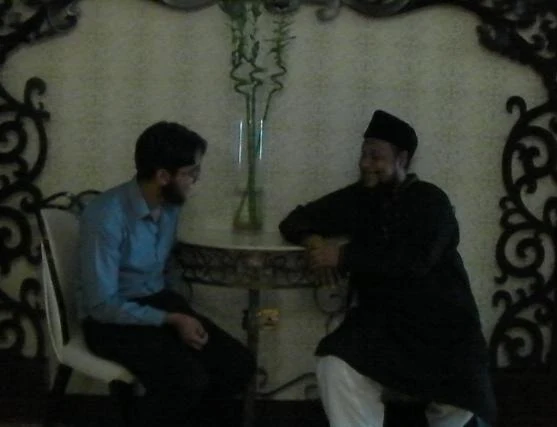The advent of the Promised Messiah and Al Imam Al Mahdi Hazrat Mirza Ghulam Ahmad (as) of Qadian (1835-1908) was a ground-breaking episode in the preaching of Islam in modern times. For, no one has introduced or presented Islamic perspectives on foundational questions of spiritual humanity in a more persuasive or intellectually- appealing way than what Hazrat Ahmad (as) accomplished through his writings and sublime discourses over a span of three decades at the head of the Fourteenth century of Islamic calendar. More than what the ideological partisans within the community would ever be willing to admit publicly, the rich and sparkling legacy of Hazrat Mirza (as) is in accord with the spiritual and intellectual consciousness of the Ummah. Moreover, powerful worldly events and material conditions in subsequent decades in the Islamic and wider world after his death have forced the religious orthodoxy to revisit and even abandon many of their previously held, wild theories which Hazrat Mirza Saheb opposed in his times (including on the improper application of “Jihad” as indiscriminate violence and killing of all those who disagree with the Muslims), and these circumstances have also allowed them to follow, as it were in the footsteps of this revered figure of Islam and his disciples- the Ahmadis (or the Qadianis) when it comes to peaceful preaching of Islam in the West.
While Islamic tradition, history and contemporary events bear out the essential truthfulness and veracity of the claims of Hazrat Massih Maoud (as), as well as the spiritual and intellectual appeal of his arguments and perspectives on Islam, the religious orthodoxy continues with their preaching of hatred and violence against this trailblazer in the service of Islam in the modern world. Recently, Imam- Jamaat Ul Sahih Al Islam Hazrat Khalifatullah Munir Ahmad Azim Saheb (aba) of Mauritius- the spiritual son and disciple of Hazrat Massih Maoud (as) in this era- addressed the critics in the West, and spelt-out the choices available to those who unfairly reject the message of Ahmadiyyat in this era.Read the Extracts from the Response Below:














